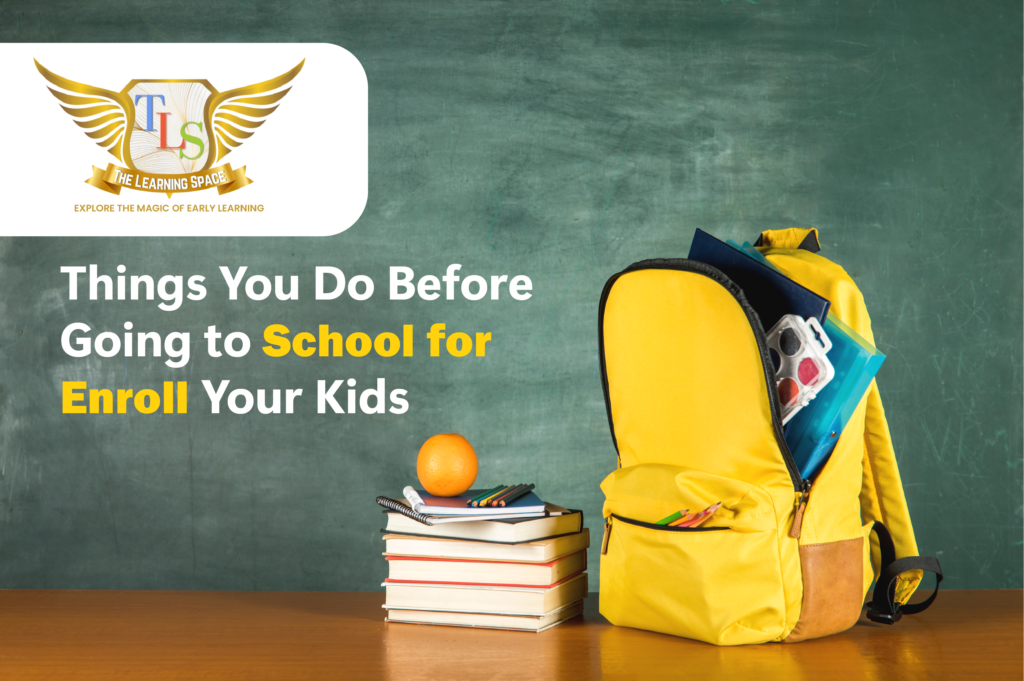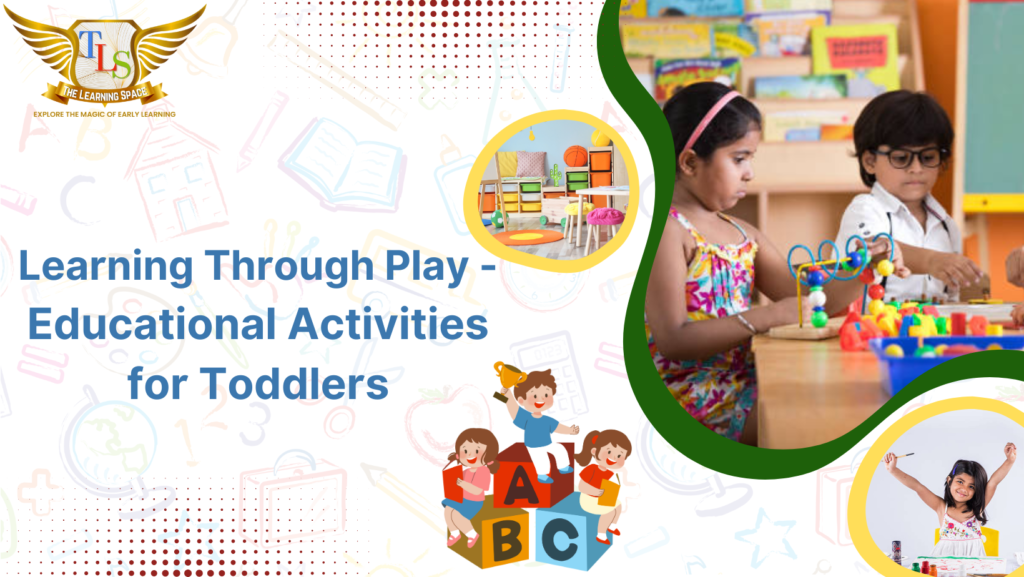Daycare is where little children are cared for while the parents work or get things done. Watching kids isn’t all it’s about — it’s also about teaching them to grow, learn, and play in a secure environment. Child development and daycare go hand-in-hand since good daycare centres enable children to develop social, emotional, and thinking skills. But parents’ biggest concern is: what is the best age for daycare? Let’s discover the answer.
Best Age for Daycare and When to Start Daycare
The selection of the best age for daycare depends on your kid’s requirements and the situation within your family. Every kid is unique. Let’s discuss various ages to get a clear picture of what’s optimal:
0–6 Months
Infant daycare age can begin this early, but extremely young babies require a great deal of one-on-one attention. Their immune systems are still developing, and they require a great deal of sleep. If you have to begin daycare now, select a centre that provides special care for infants with small classes and nurturing staff.
6–12 Months
During this age, crawling, sitting, and discovering start. Infants can be trained in daycare through playing and singing songs. Nevertheless, they still require naps, cuddles, and one-on-one attention. Find out if the daycare has a comfortable and nurturing environment for this age.
12–18 Months
Toddlers are energetic now! They enjoy being on the move, touching things, and meeting others. A quality daycare will provide them with appropriate ways of exploring and playing. Indications that your child is ready for daycare at this age include displaying interest in toys, playing with others but not necessarily with them, and tolerating brief separations from parents.
18–24 Months
Children aged 18–24 months like playing in groups, singing songs, and playing with fun activities. Child development and daycare heavily connect at this age, as children learn things such as sharing and obeying simple commands. Daycare turns out to be a learning fun venue instead of merely being a care facility.
2–3 Years
Most parents consider this the best age for daycare and the ideal time to begin. At this stage, children can walk, speak (a little), and like playing with other children. Daycare readiness is less challenging since children can communicate their needs better. It’s also a good time to prepare them for preschool.
Benefits of Daycare for Your Children
Daycare has many positive things! Children become self-sufficient, socially connected, and have a daily schedule. It establishes their confidence as well as social skills. Child development daycare programs support children’s development in a safe, playful, and organized manner. Parents also have peace of mind because they know that their child is learning and enjoying.
Types of Child Daycare
There are various types of daycare depending on what your family requires:
Childcare Centres
These are institutional settings with lots of children. They have a learning calendar with activities such as drawing, reading, and group play. Good for parents who need structure and qualified teachers.
Family Child Care Homes
This is a small environment, usually in a person’s residence. Fewer children and it’s more like a family. Best for little children who require a warm space.
Nannies
Nannies visit your house to take care of your kid. They give individualized attention and are able to maintain your child’s personal routine. This is ideal if you wish for flexibility and personalized attention.
Factors to Consider Before starting Daycare for your Child
Before beginning daycare, consider your child’s age, health, and comfort with new individuals. And go observe at daycares to determine whether they are tidy, secure, and warm. Some kids get ready a bit earlier; some take more time. Daycare readiness varies by child, so listen to your instincts as well!
FAQ’s
How can I determine whether my child is ready for daycare?
If your child shows signs like playing well, handling short separations, and following a small routine, they might be ready.
Is it better to wait until my child can talk before starting daycare?
No, talking is not needed before daycare. Even babies and young toddlers communicate with smiles, gestures, and simple sounds.
What are the pros and cons of starting daycare?
Daycare pros and cons by age vary.
Pros: Children acquire social skills, learn about routines, and engage in activities.
Cons: Babies might struggle with adapting and there is potential for increased exposure to minor illnesses.
How can I prepare my child emotionally for attending daycare?
Take the child with you to the daycare a few times. Work on brief separations. Be positive when saying goodbye so your child feels happy and secure.
How do I select the proper daycare for my child’s age and needs?
Match the daycare program to your child’s age and personality. Look for small group sizes for infants and active learning spaces for toddlers.
Conclusion
Picking the perfect age for daycare depends on your child and your family situation. Daycare for infants vs toddlers is just completely different, and that’s completely fine! Some children start young, others later. The most important thing is to pick a daycare that is safe, warm, and that feels best for your sweet one. With a good beginning, daycare can be a gorgeous component of your child’s journey.


